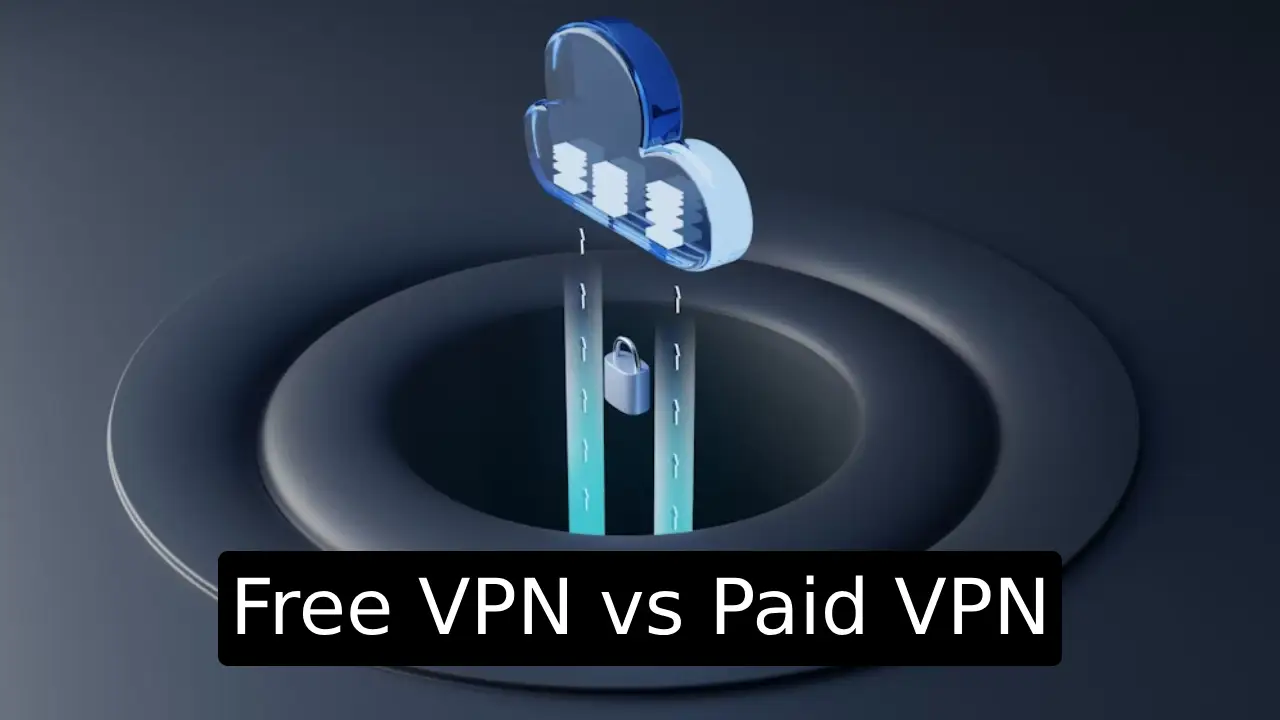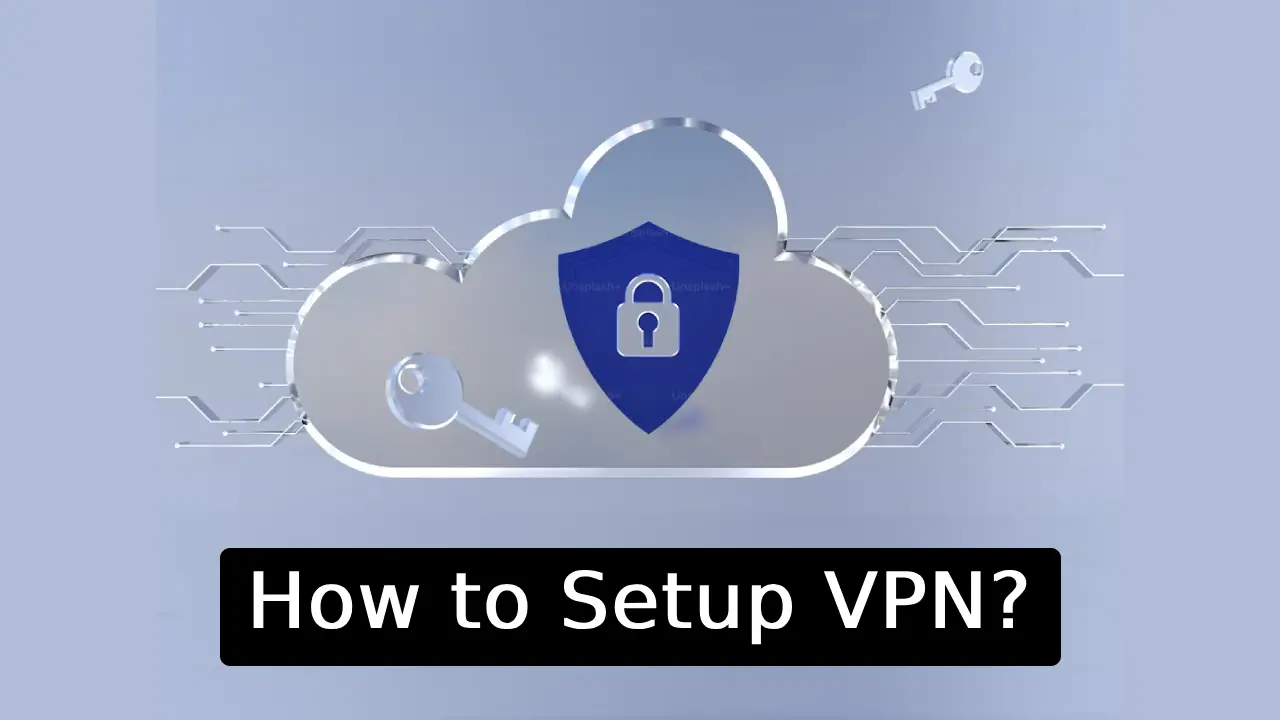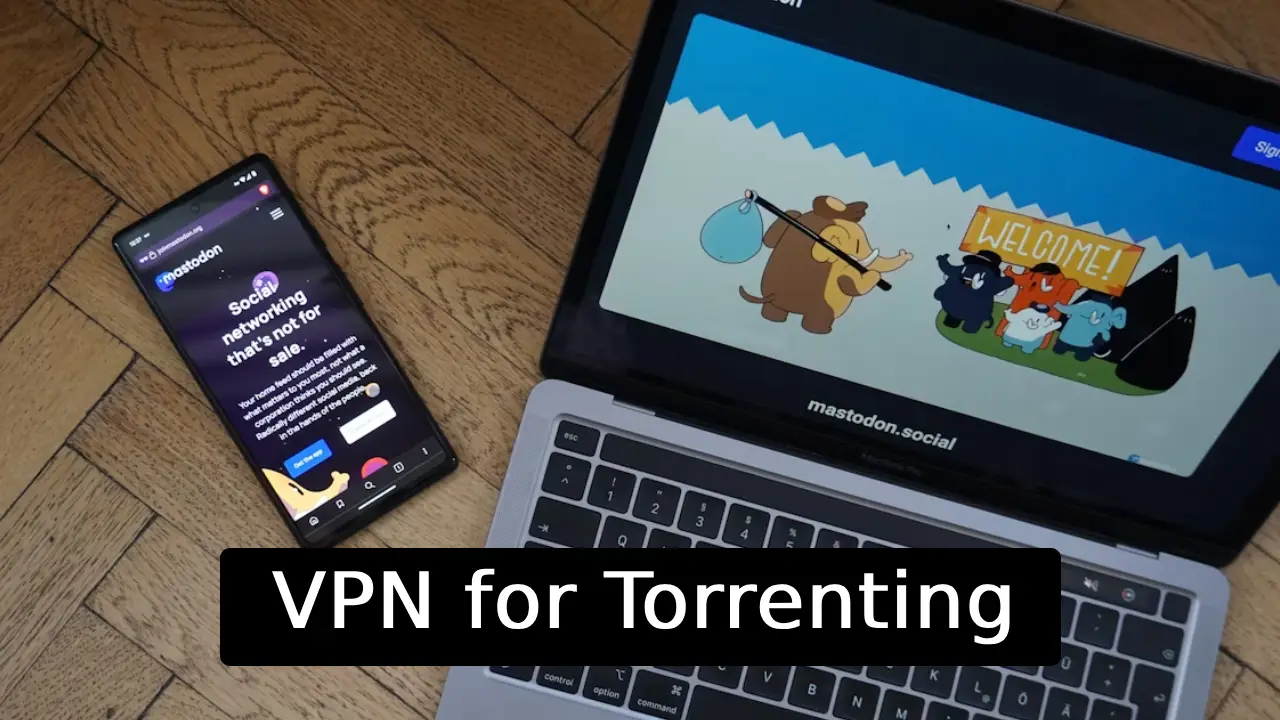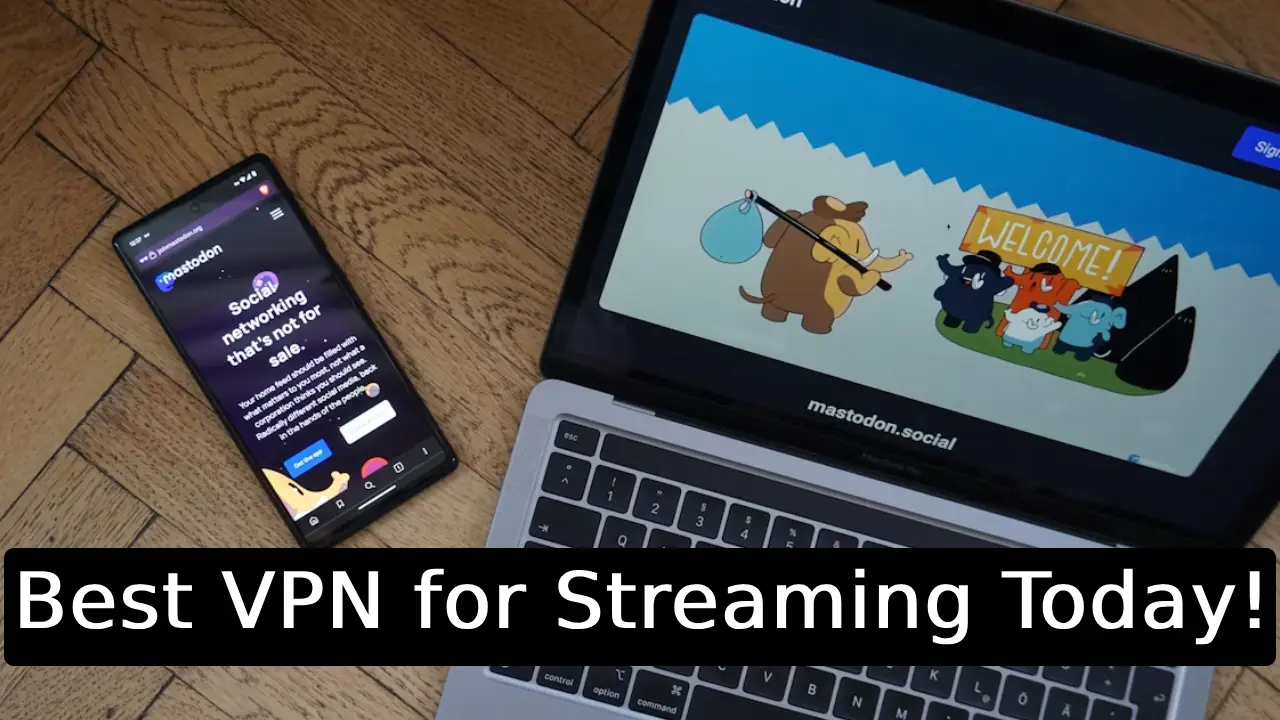Free VPN vs Paid VPN. It seems like a simple choice: save money or spend it. But the reality lurking beneath the surface of “free” Virtual Private Networks is far more complex and often alarming. While the promise of free online privacy and security is tempting, understanding the critical differences between free and paid VPN services is essential for protecting your digital life. This guide dives deep into the shocking truths, revealing why that “free” service might cost you far more than you realize.
The Allure of Free: Why We’re Tempted
Let’s be honest: free is attractive. For casual browsing, accessing region-locked content briefly, or just testing the waters of VPN technology, a free option seems harmless. They require no upfront investment, often have simple sign-up processes, and are readily available. However, this convenience masks significant trade-offs that directly impact your security, privacy, and online experience.
The Hidden Costs of “Free”: Shocking Risks Exposed
The harsh truth is that running a VPN service costs money – servers, bandwidth, development, and support aren’t free. So how do free VPN providers stay in business? Here are the most common and concerning ways:
- Selling Your Data: The Ultimate Betrayal of Privacy: This is the most egregious risk. Many free VPNs monetize by logging your browsing activity, connection times, IP addresses, and even device identifiers. This highly valuable data is then sold to advertisers, data brokers, or third parties. Using a free VPN for privacy is often like hiring a spy to guard your secrets. Research has repeatedly shown this practice is widespread among free providers. If your goal is privacy, this fundamentally undermines it.
- Embedded Malware and Adware: Some unscrupulous free VPN apps, particularly those found outside official app stores, have been caught containing malware, spyware, or aggressive adware. These can steal sensitive information, bombard you with intrusive ads, or even hijack your device’s resources for malicious activities like cryptocurrency mining. You’re literally installing a potential security threat.
- Severe Bandwidth Throttling and Speed Caps: Free VPNs have limited resources. To manage overwhelming demand, they impose strict limits:
- Data Caps: You might only get 500MB to 10GB per month – barely enough for light browsing.
- Speed Throttling: Your connection speed is intentionally slowed down dramatically, making streaming, gaming, or large downloads painfully slow or impossible.
- Server Overload: Free servers are often crammed with users, leading to terrible performance even without explicit throttling.
- Weak Security Protocols and Encryption: Security is expensive. Free VPNs often cut corners by using outdated, vulnerable protocols (like PPTP) or implementing encryption poorly. Some might leak your real IP address (DNS leaks, WebRTC leaks) despite claiming to hide it, completely defeating the VPN’s purpose. Robust protocols like WireGuard or OpenVPN with strong AES-256 encryption are typically reserved for paid tiers.
- Limited Server Networks and Locations: Free users usually get access to a tiny fraction of the provider’s server network, often only in a few countries. This severely restricts your ability to bypass geo-blocks for streaming services or access content from specific regions. Finding a fast, uncrowded server becomes a frustrating challenge.
- Lack of Essential Features and Support: Free VPNs rarely offer critical features like:
- Kill Switch (crucial for preventing data leaks if the VPN drops)
- Split Tunneling (choose which apps use the VPN)
- Dedicated IP addresses
- Multi-hop connections
- Any meaningful customer support beyond basic FAQs.
Why Paid VPNs Earn Their Keep: Reliability, Security, and Performance
Paid VPN services operate on a clear, sustainable model: you pay a subscription fee, and in return, you get a reliable, secure, and performant service. Here’s how they justify the cost:
- Robust, No-Logs Policies (Often Audited): Reputable paid VPNs stake their reputation on strict no-logs policies. Many undergo independent security audits (by firms like Cure53 or PricewaterhouseCoopers) to verify these claims. Your online activity isn’t tracked, logged, or sold. Your privacy is the product they protect, not the product they sell. Learn more about no-logs policies at the Electronic Frontier Foundation.
- Superior Speeds and Unlimited Bandwidth: Paid providers invest heavily in high-bandwidth server infrastructure worldwide. You get:
- Unlimited data: Stream, game, download to your heart’s content.
- Optimized servers: Servers dedicated to specific tasks like streaming or torrenting.
- Faster protocols: Access to the latest speed-optimized protocols like WireGuard.
- Less congestion: Prioritized access ensures better performance.
- Advanced Security Features: Paid VPNs offer comprehensive security.
- Military-Grade Encryption: Standard AES-256 encryption secures all your traffic.
- Leak Protection: Built-in safeguards against DNS, IPv6, and WebRTC leaks.
- Kill Switch: Essential for maintaining privacy if the connection falters.
- Modern Protocols: OpenVPN, IKEv2/IPsec, and WireGuard as standard.
- Additional Tools: Often include ad-blocking, malware blocking, and tracker blocking.
- Vast Global Server Networks: Access thousands of servers in dozens or even hundreds of countries. This provides:
- Reliable Geo-Unblocking: Consistently access streaming libraries (Netflix, Hulu, BBC iPlayer, etc.) worldwide.
- Optimal Performance: Find a nearby, uncrowded server for the best speeds.
- Bypassing Censorship: Effectively navigate restrictive networks.
- Comprehensive Features and Support:
- Multiple Simultaneous Connections: Protect all your devices (phones, laptops, tablets, routers) under one subscription (often 5-10 devices).
- Split Tunneling: Route only specific apps through the VPN.
- Dedicated IP Options: Useful for banking or accessing secure networks.
- 24/7 Customer Support: Access to responsive live chat or email support for troubleshooting.
- Accountability and Trust: Paid VPNs have a clear business model and reputation to uphold. They are more transparent about ownership, location (jurisdiction matters!), and security practices. Breaches or misconduct are far more damaging to their paid business.
When Might a Free VPN Be Okay? (Proceed with Extreme Caution)
The use cases for free VPNs are incredibly narrow and come with significant caveats:
- Extremely Light, Non-Sensitive Browsing: Checking the news on public Wi-Fi where you aren’t logging into anything or accessing personal data. Never for banking, shopping, or anything sensitive.
- Briefly Testing a Paid Provider: Some reputable paid VPNs (like ProtonVPN, Windscribe) offer limited free tiers as a taster of their paid service. These are generally safer than standalone free VPNs as they have a paid business supporting them and often stronger privacy commitments (e.g., ProtonVPN’s free tier is supported by paid users and has a strict no-logs policy). However, they still suffer from speed limits and server restrictions.
- Accessing Basic Geo-Blocked Content (Temporarily): Trying to watch a single video not available in your region, understanding it might not work due to server limitations or blocking.
Crucial Considerations if You Must Use Free:
- Research Relentlessly: Only consider free tiers from established, reputable paid VPN providers with proven no-logs policies and positive security audits. Avoid obscure, standalone free VPNs like the plague.
- Read the Privacy Policy: Understand exactly what data they collect and how it’s used. If it’s vague or mentions sharing/selling data, run.
- Check Security: Ensure they use strong protocols (OpenVPN, WireGuard) and encryption (AES-256). Look for leak protection features.
- Expect Limitations: Severe speed caps, data limits, and few server locations are guaranteed.
- Never Trust with Sensitive Data: Assume anything you do while connected could be monitored. No financial transactions, no sensitive logins.
Free VPN vs Paid VPN: The Verdict
The comparison is stark. Free VPNs primarily serve the interests of their providers, often at the direct expense of your privacy (data selling), security (malware, weak encryption), and performance (throttling, caps). They are fundamentally unsustainable for providing a genuine, secure VPN service without hidden monetization tactics that violate user trust.
Paid VPNs offer a sustainable, transparent model focused on delivering the core promises of a VPN: robust privacy (verified no-logs), strong security (modern protocols, encryption, features), reliable performance (speed, unlimited data), and access (vast server networks). The investment (often just a few dollars per month) buys you peace of mind and a functional tool.
Invest in Your Digital Safety
While the initial price tag of $0 is appealing, the true cost of using most free VPNs – your personal data, your online security, and a frustratingly slow connection – is far too high. For anyone serious about protecting their privacy, securing their online activity, especially on public Wi-Fi, bypassing censorship, or reliably accessing global content, a reputable paid VPN service is not just a luxury; it’s a necessary and worthwhile investment in your digital well-being. The shocking truth is clear: when it comes to VPNs, you truly get what you pay for. Protect yourself accordingly.
FAQs: Free VPN vs Paid VPN
- Are any free VPNs safe? It’s highly risky. Only consider the limited free tiers from reputable, audited paid providers like ProtonVPN or Windscribe, and understand their limitations. Avoid standalone free VPNs.
- Can free VPNs hack you? While not “hacking” in the traditional sense, many contain malware or spyware that can steal data, track your activity aggressively, or compromise your device’s security. They are a significant security risk.
- Why are paid VPNs faster? They invest in high-bandwidth servers, have fewer users per server (especially on premium tiers), use faster protocols (like WireGuard), and don’t intentionally throttle your speed.
- Is a VPN worth paying for? Absolutely, if you value online privacy, security on public networks, freedom from geo-restrictions for streaming, or protection from ISP throttling. The cost is minimal for the protection and features gained. Explore our guide on [choosing the best VPN for your needs] for tips.
- What’s the best paid VPN? Top providers consistently include ExpressVPN (speed, reliability), NordVPN (feature-rich, security focus), and Surfshark (unlimited devices, value). Research based on your specific needs (streaming, torrenting, location).




